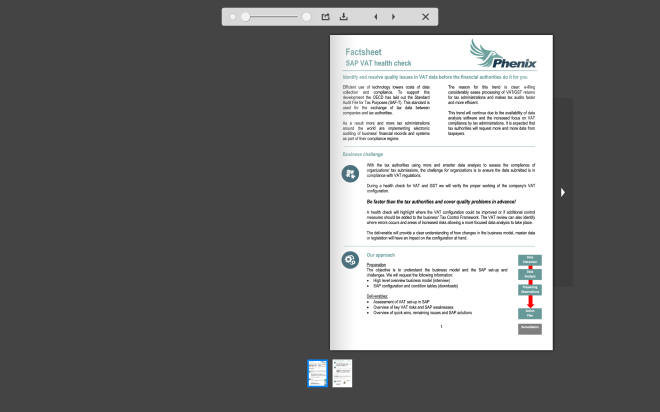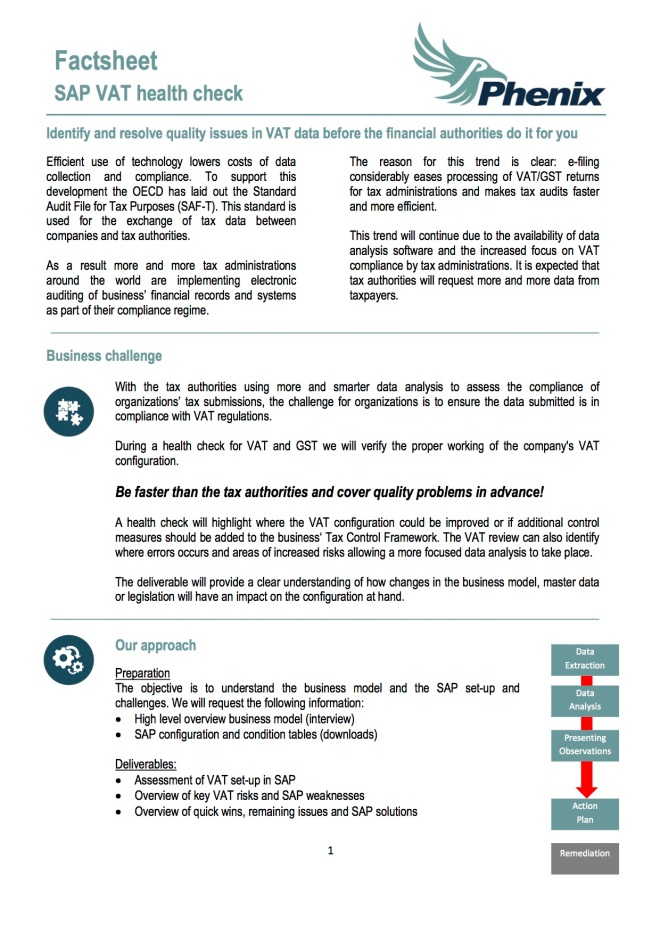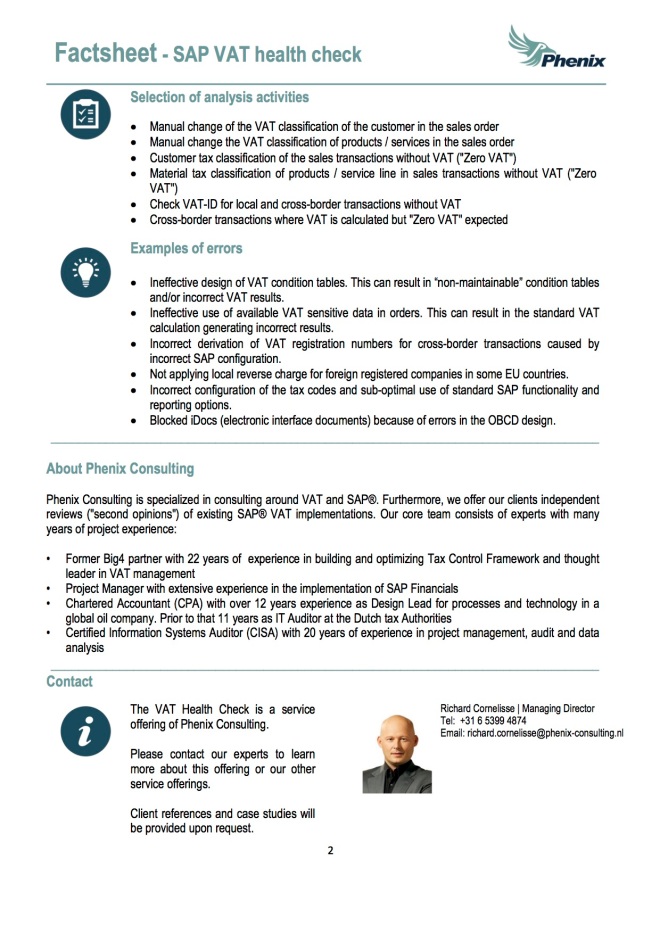It builds on the Union Customs Code adopted in 2013, which sets out detailed rules for twenty-first century customs processes. Customs services play a central role in policing the EU’s external borders and in facilitating trade.
The customs union is the operational arm of much of the EU's commercial policy measures. In addition, a growing range of government agencies call on customs to enforce their policies at the border.
EU customs handle 16% of world trade, or over two billion tonnes of goods a year with a value of EUR 3,400 billion. Pierre Moscovici, EU Commissioner for Economic and Financial Affairs, Taxation and Customs, said:
“A modern and cost-effective customs system facilitates international trade and is conducive to growth. It also plays a vital role in defending the safety and security of European citizens and in protecting Member States' interests.”
The Commission has been working for several years on a major overhaul of customs rules in the EU. The basic regulations were changed in 2013.
Detailed acts must subsequently be adopted so that the new rules can be applied as of 1 May 2016.
Today's decision takes the form of a delegated act. This kind of legal act, introduced by the Treaty of Lisbon in 2010, gives the Commission power to adopt the technical, non-essential elements of an existing legislation, in this case of the Union Customs Code.
The act adopted today covers a wide area of customs activity, including:
- Simplifications of the customs procedure inward processing which allows the processing of non-Union goods without payment of import duty and other charges to support creation of added value in the EU;
- Clearer rules to ensure equal treatment of economic operators in the EU;
- Wide-ranging provisions which will allow customs decisions and authorisations to be valid across the EU in the future;
- Establishing common data requirements as the basis for new IT systems linking Member States' customs administrations to ensure a seamless exchange of information;
- Improvements in risk management to reinforce the fight against trade in illicit and prohibited goods, terrorism and other criminal activities.
Background
The EU customs union has provided a stable foundation for economic integration and growth in Europe for over four decades.Customs legislation is decided at EU level while the implementation of that legislation falls primarily on the Member States.Efficient customs administrations are essential to ensure a level playing field for traders in different Member States and to police the EU’s external borders.
In 2012, the Commission outlined a course of action for a more robust and unified customs union by 2020 in its Communication on the State of the Customs Union.
The Communication provided for a reform of its legal framework as well as a vast shift towards digitisation.
The Union Customs Code (UCC) which came into force in 2013 enables customs to focus more on trade facilitation as well as on security, safety and the enforcement of intellectual property rights. It also improves cooperation between customs authorities and other services.
Today's delegated act builds on this by setting out the details of the rules which will apply as from 1 May 2016. It will be supplemented by an additional implementing act, which is being submitted to Member States at the same time and will set out procedural details.
The implementing act will be voted by the Customs Code Committee composed of representatives from Member States.
The Commission consulted extensively with Member States and trade interest groups to prepare the delegated act. The act was adopted well ahead of the 1 May 2016 deadline to allow stakeholders to adapt.
For more information Video: One minute in the life of the EU Customs Union
Source: European Commission - PRESS RELEASES - Press release - Commission modernises EU customs procedures









